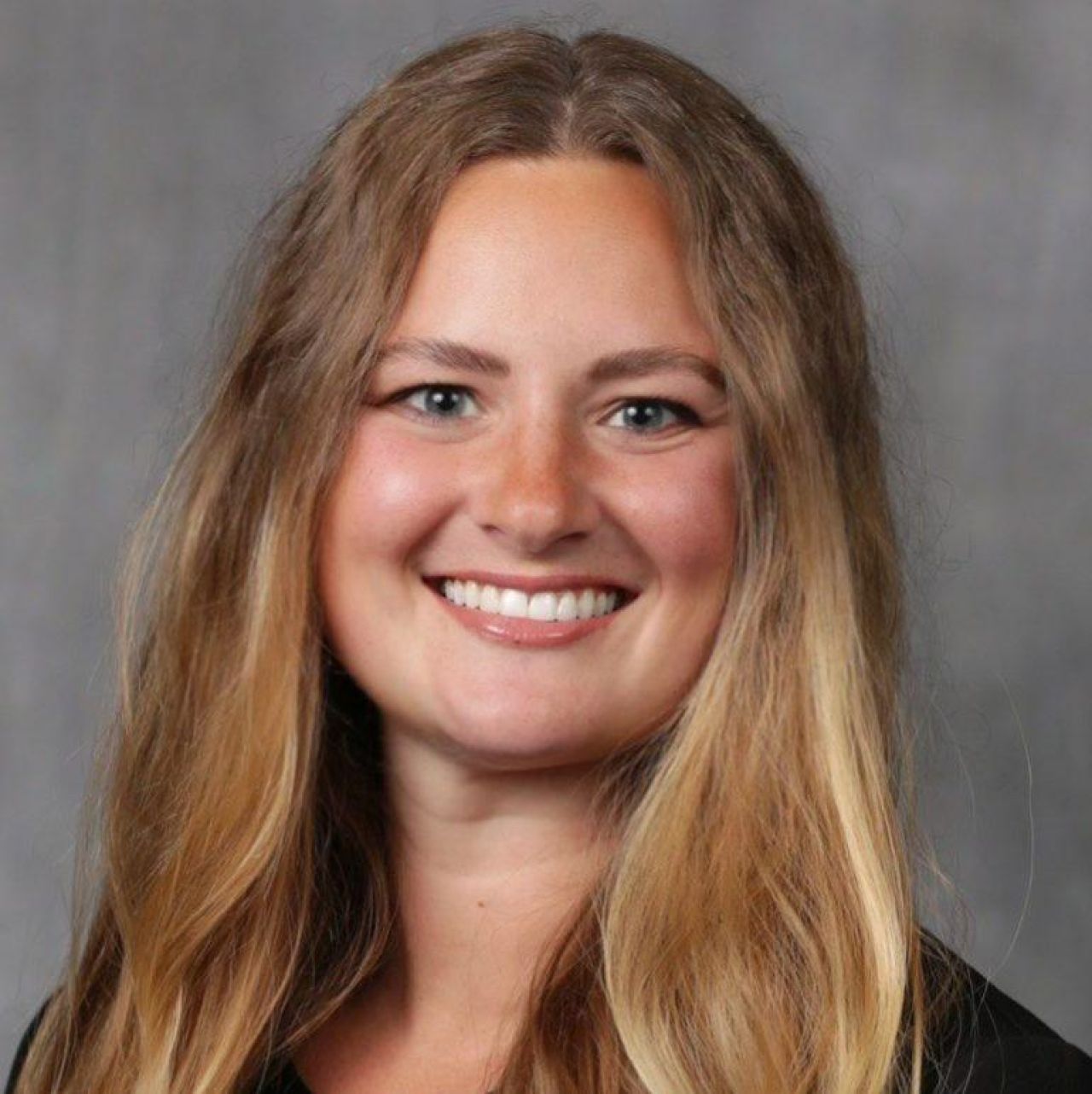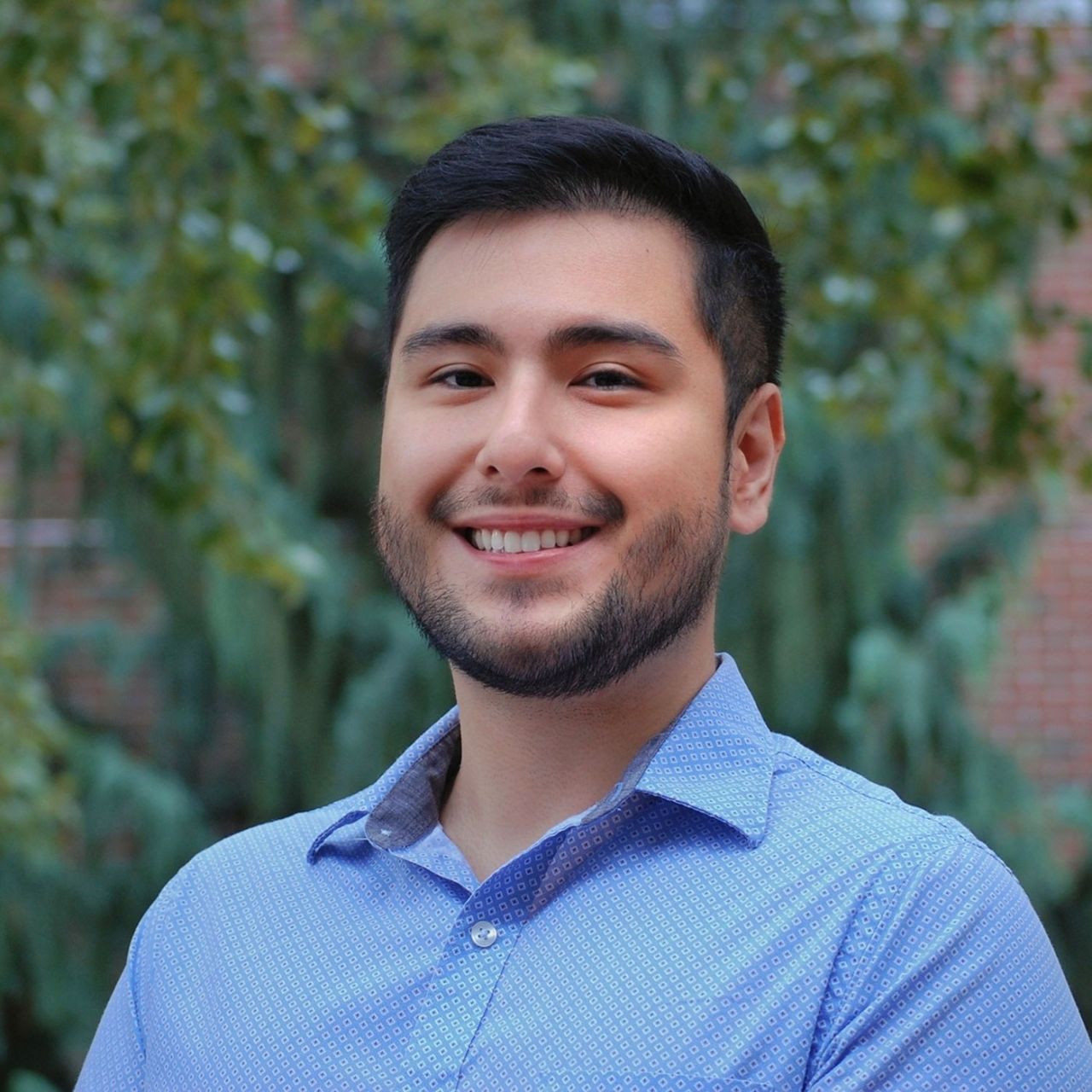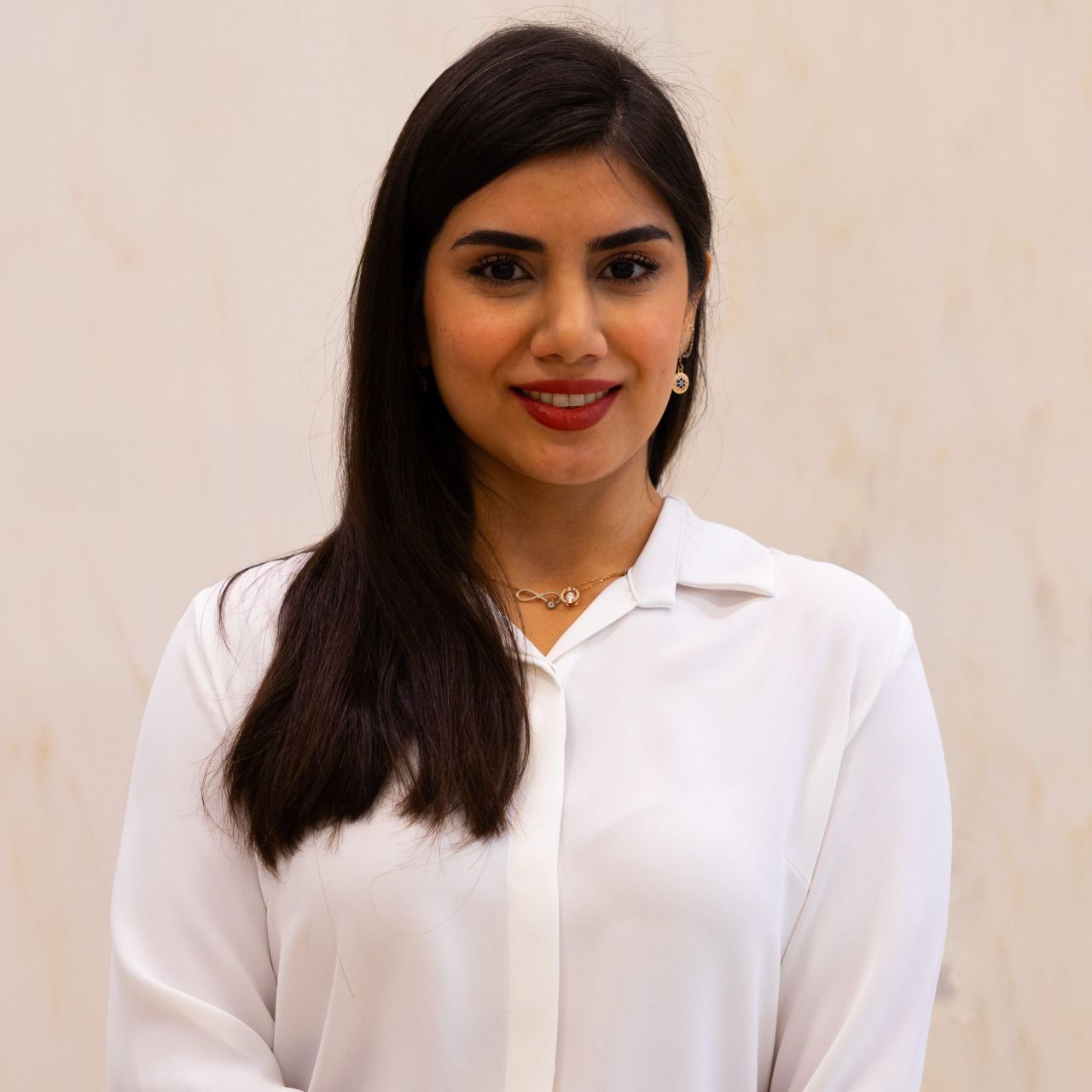Three Minute Thesis Finalists
Congratulations to the finalists for this 2024-25 Penn State Three Minute Thesis competition! They have advanced to compete in a final in-person round on Saturday, March 29, livestreamed from the Nittany Lion Inn on the University Park campus.
Learn more about each of the finalists below.
Finalists

Tanveer Ahmed
Civil Engineering, “Adaptive traffic signal control measures for urban network problems”
Bio
Tanveer Ahmed is a fourth-year Ph.D. candidate pursuing research in transportation engineering with an aspiration to develop safe, sustainable, inclusive, and efficient solutions to meet the evolving challenges of transportation networks. Since coming to Penn State as a recipient of the University Graduate Fellowship, he has shaped his graduate school journey to seek out diverse experiences and skill sets. Ahmed’s research has broadly revolved around three key areas: intelligent and efficient methods of traffic control; machine learning–based decision support systems; and data-driven traffic safety analysis. In addition, he has been actively committed to giving back to the University as a student leader through service at the community, departmental, and University level. Upon graduation, Ahmed’s goal is to lead cutting edge research in incorporating emerging technologies for the design and management of urban transportation systems.

Brad Foster
Molecular, Cellular, and Integrative Biosciences, “Investigating the Role of Mechanobiology in Driving Fatigue Loading Induced Tendon Degeneration”
Bio
Brad Foster is a second-year Ph.D. student in the fourth year of his M.D./Ph.D. training. He grew up in Rockford, Illinois, and is a huge Chicago sports fan. Foster did his undergraduate at Duke University, and is also a big college basketball fan. He double majored in Biomedical Engineering and Classical Civilizations, in part because of his enjoyment of history. Following his time at Duke, he then completed the first two years of medical school at Penn State Hershey before coming to University Park. Foster’s research focuses on identifying the mechanobiological mechanisms that translate tendon overuse to tendinopathy. In his free time, he likes to read and play with his chocolate lab named Mousse. In addition, he has run three marathons and is planning on doing the Happy Valley Half-Ironman this summer.

Dr. Tricia Hart
Nutritional Sciences, “Eating Pecans as a Snack Reduced Heart Disease Risk Compared to Usual Diet in Adults at Increased Risk for Heart Disease”
Bio
Trish Hart’s research focuses on the role of nutrition in the prevention of heart disease and diabetes. She is advised by Dr. Kristina Petersen in the Department of Nutritional Sciences. Her dissertation investigates the effect of replacing common snack foods with pecans over three months on risk factors for heart disease, including blood cholesterol levels, and diet quality. Her previous work concentrated on dietary fat intake and the impact on blood cholesterol levels. As a registered dietitian with a background in clinical dietetics, Hart is passionate about bridging the gap between nutritional science and its practical application. She is dedicated to developing evidence-based approaches that support disease prevention and promote overall health.

Daisuke Hayashi
Nutritional Sciences, “A Mixed Methods Approach to Explore and Define Food Noise”
Bio
As a doctoral candidate at Penn State in the Department of Nutritional Sciences, Daisuke Hayashi is committed to becoming a scientist, leader, and educator in his field who can contribute to the education of the next generation of healthcare professionals and to the health of the population. His research interests revolve around the use of mixed-methods approaches to explore the psychosocial and environmental determinants of human eating behaviors and the development of individualized and community-based strategies to promote healthy eating across the lifespan. Hayashi’s background in nutrition, dietetics, and health sciences allows him to combine clinical knowledge and expertise with transdisciplinary approaches to health research, education, and outreach.

Marjan Karimizadkomarej
Landscape Architecture, “Seeing is Believing: Realistic Water Visualizations for Better Stormwater Solutions”
Bio
Marjan Karimizadkomarej is an experienced architect specializing in architectural design with a focus on landscape integration, sustainability, and energy efficiency. Currently pursuing a master’s degree in Landscape Architecture at Penn State, she investigates sustainable design, urban water visualization, and stormwater management. She uses advanced 3D modeling, rendering, and simulation software to create realistic visualizations that bridge the gap between technical professionals and the public. Karimizadkomarej has conducted extensive research on water flow simulation, GIS problem-solving, and sustainable landscape strategies. Her innovative work includes developing methods for pollinator planting and urban green spaces. She has also gained valuable experience as an educator, teaching architectural and landscape architecture courses, supported by a strong foundation in professional architectural practice.
Originally from Iran, she combines her background in architecture with her passion for landscape integration to address environmental challenges. After graduation, she plans to design sustainable urban systems and create better living environments for communities in need.

Patrick Sarpong
Energy and Mineral Engineering, “The potential of bioleaching in the recovery of lithium from Lithium Iron Phosphate battery waste”
Bio
Patrick Abban Sarpong is a Ph.D. student in Energy and Mineral Engineering specializing in mining and mineral process engineering. His research focuses on the sustainable recovery of lithium and rare-earth elements from coal waste, emphasizing process mineralogy to assess environmental risks.
Sarpong’s academic journey spans three continents. He holds a master’s degree in Sustainable and Innovative Natural Resource Management (SINReM) from universities in Germany, Belgium, and Sweden, and a bachelor’s degree in Minerals Engineering from the University of Mines and Technology (UMaT), Ghana. A distinguished student leader, he served as the class representative and the president of the Student Christian Council, earning the Best Disciplined Graduating Student Award for his outstanding contributions and leadership.
His accolades include the Erasmus Mundus Scholarship, TICAD 7 African Scholarship, Brighter Investment Scholarship and Sustainable Mobility Hackathon (first Runner-Up, Sweden). Born in Ghana, he is the only metallurgist in a family of accountants and enjoys football and Christian literature, and cares deeply about spirituality.

Amin Sepehri
Architectural Engineering, “Buildings as Batteries via Smart Envelope”
Bio
Amin Sepehri is a Ph.D. candidate at Penn State, specializing in grid-interactive efficient buildings (GEBs). His research centers on novel energy storage and optimal control technologies to reduce building energy use and peak demand, benefiting both building owners and utility operators.
Sepehri’s's work integrates building science, mechanical systems, data science, machine learning, and high-performance computing. He develops innovative optimization approaches using algorithms like GA, Pyswarm, and NSGA2. His research on joint optimization of HVAC and Active Insulation System (AIS) controls demonstrates significant energy savings and peak demand reduction in residential buildings.
He leverages supercomputing for efficient optimizations and is proficient in advanced building energy modeling and clustering methods. His work contributes to climate change mitigation by facilitating renewable energy integration and reducing peak grid needs. Sepehri is also a skilled communicator, evidenced by his publications and teaching experience, he is passionate about advancing energy efficiency in the power market.

Younes Shekarian
Energy and Mineral Engineering, “Development of a chemical-free process using ozone for the recovery of cobalt (Co), manganese (Mn), and nickel (Ni) from acid mine drainage (AMD)”
Bio
Younes Shekarian is a Ph.D. candidate in Energy and Mineral Engineering at Penn State with expertise in hydrometallurgy, mineral processing, and sustainable resource recovery. He holds two master’s degrees in mining and mineral engineering from New Mexico Tech and Amirkabir University of Technology (Tehran Polytechnic). With over five years of industry experience, Shekarian has focused on innovative solutions for sustainable processing of secondary resources, including acid mine drainage, sludge, and electronic waste. His work has resulted in a strong record of peer-reviewed journal publications, conference presentations, and secured DOE funding for critical elements recovery and purification from acid mine drainage, highlighting his ability to share critical knowledge and advance the field. These accomplishments have been recognized through awards and honors, including the prestigious SME Ph.D. Fellowship, which supports students dedicated to pursuing academic careers in mining, mineral processing, or extractive metallurgy.

Adam Smerigan
Chemical Engineering, “The Untapped Treasure in Toxic Waste: Fueling Modern Technologies Sustainably”
Bio
Adam Smerigan is a fourth-year doctoral candidate at Penn State in the Department of Chemical Engineering advised by Dr. Rui Shi. In 2016, he started his academic journey at Michigan State University where he got his bachelor’s degree in Chemical Engineering and his master’s degree in Biosystems Engineering. Since he started his doctoral studies at Penn State in 2021, he has been working on critical materials recovery from impaired waste sources, specifically rare earth elements from phosphogypsum. His work extends from the atomic scale (x-ray absorption spectroscopy) to the system scale (process design, life cycle assessment, and technoeconomic analysis). After graduation he aims to continue working on improving global sustainability through the development of inherently sustainable systems and technologies.
Outside of the lab, Smerigan enjoys reading fantasy books, playing games with friends, and playing sports like soccer, volleyball, and snowboarding.

Tasneem Tariq
Architecture, “How to Mitigate the Urban Heat Island Effect in Baltimore: Selecting Effective Mitigation Strategies Combining Simulation Study and Community Feedback”
Bio
Tasneem Tariq is a third-year Ph.D. candidate in Architecture at Penn State, specializing in sustainable urban design. Her research focuses on mitigating Baltimore's Urban Heat Island effect by integrating computational simulations with community-driven insights to bridge science and social impact.
She has received prestigious accolades, including the first prize at Penn State’s Graduate Exhibition (2023) and the Best Paper Award at IIT’s Ph.D. Symposium (2023), and the Pohland Graduate Fellowship (2024). Her research has been published widely and presented at leading conferences like EDRA, ARCC, and PLEA. She also led a "Climate-Context-Culture" workshop at EDRA 2024.
With over 14 years of teaching experience in Bangladesh and a teaching assistantship in the U.S., she has mentored 500+ students and received Penn State’s Outstanding Graduate Assistant Teaching Award (2022).
Beyond academia, Tariq is a sustainability advocate, serving as Penn State’s GPSA Delegate for the Climate Action Committee. Through research, teaching, and advocacy, she is shaping the future of sustainable urban environments.